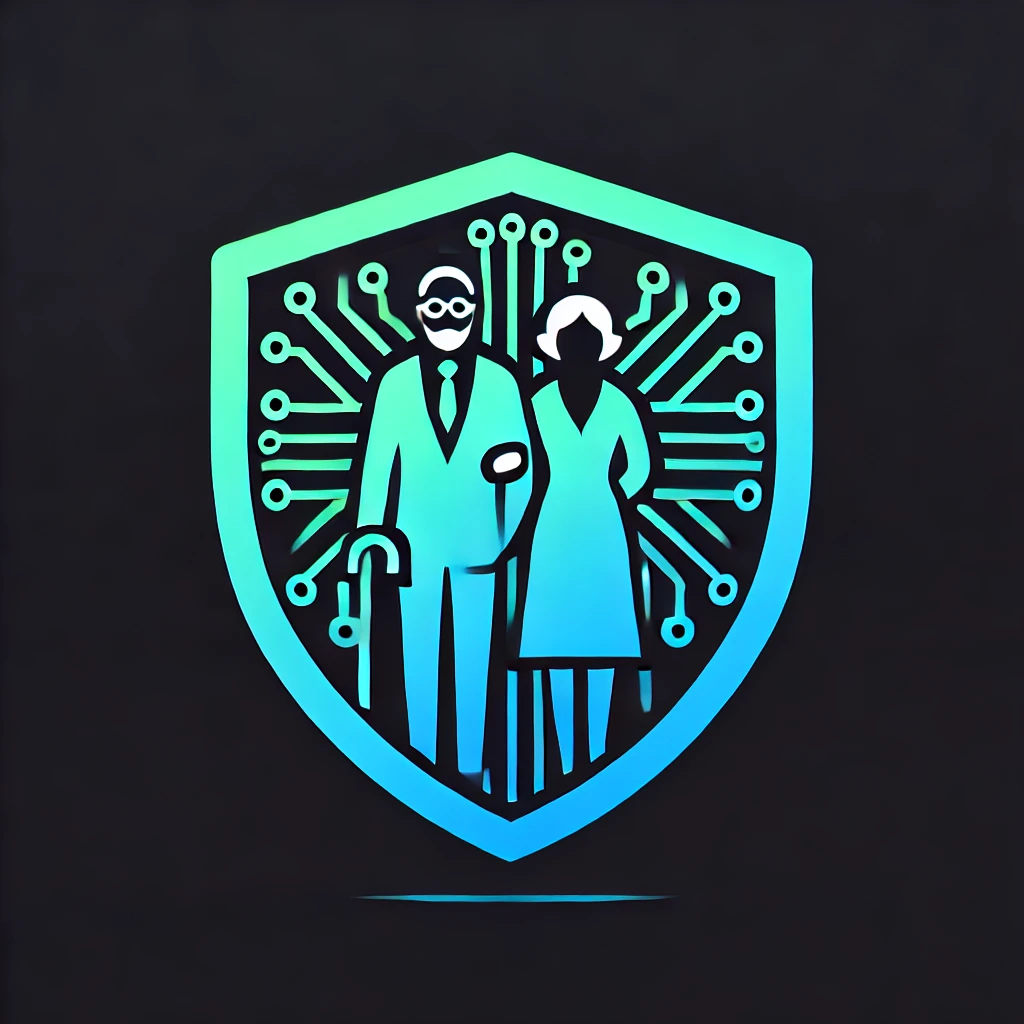The Importance of Reporting Scams
Online scams are a growing threat, targeting individuals of all ages, especially seniors. Many victims do not report fraud due to embarrassment, fear, or uncertainty about where to seek help. However, reporting scams is crucial—not only to protect yourself but also to prevent others from falling victim.
Senior Web Warden is dedicated to educating seniors about online fraud and guiding them through the process of reporting scams safely and effectively. This article provides a step-by-step guide to reporting scams and highlights key government agencies and programs that assist in combating fraud.
1. Recognizing a Scam Before Reporting
Before reporting, it is essential to determine whether you have encountered a scam. Common warning signs include:
- Unsolicited Requests for Personal Information: Scammers pose as banks, government agencies, or charities requesting sensitive details.
- Urgency and Pressure Tactics: Fraudsters insist on immediate action, such as wire transfers, gift card payments, or clicking suspicious links.
- Too-Good-to-Be-True Offers: If it sounds too good to be true, it probably is—like lottery winnings you never entered.
- Unverified Caller or Email Sender: Check the legitimacy of unexpected calls, emails, or messages before responding.
Senior Web Warden offers educational sessions on scam awareness to help seniors identify fraudulent schemes before they cause harm.
2. Steps to Report a Scam
Step 1: Document the Scam
Before filing a report, collect and organize all details related to the scam:
- Emails, text messages, or phone call logs.
- Screenshots of suspicious websites or conversations.
- Bank statements showing unauthorized transactions.
Step 2: Report to the Appropriate Authorities
Depending on the type of scam, different organizations handle scam reports. Below are key agencies that investigate fraud cases:
Federal Agencies in the U.S.
- Federal Trade Commission (FTC) – Handles fraud reports, identity theft, and deceptive business practices.
- Website: www.ReportFraud.ftc.gov
- Phone: 1-877-FTC-HELP (1-877-382-4357)
- FBI Internet Crime Complaint Center (IC3) – Investigates cybercrime, phishing, and financial fraud.
- Website: www.ic3.gov
- Consumer Financial Protection Bureau (CFPB) – Handles financial fraud and consumer protection violations.
- Website: www.consumerfinance.gov
- Social Security Administration (SSA) Fraud Hotline – Reports Social Security-related scams.
- Website: www.ssa.gov/fraud
- Phone: 1-800-269-0271
State and Local Agencies
Each U.S. state has a consumer protection agency that assists residents with fraud cases. Find your local agency via the National Association of Attorneys General (NAAG):
- Website: www.naag.org
Your local police department can also help if the scam involves immediate financial loss or identity theft.
3. Reporting Financial Fraud and Identity Theft
Credit Bureaus and Financial Institutions
If your personal or financial information has been compromised, immediately contact:
- Your Bank or Credit Card Provider – To dispute unauthorized transactions.
- The Three Major Credit Bureaus – To place a fraud alert or freeze your credit:
- Experian: www.experian.com
- Equifax: www.equifax.com
- TransUnion: www.transunion.com
- IdentityTheft.gov (by the FTC) – Provides a step-by-step recovery plan for identity theft victims.
- Website: www.identitytheft.gov
Senior Web Warden’s Role
We assist seniors in understanding financial fraud risks through workshops, webinars, and individual guidance sessions. Our team helps victims navigate reporting procedures and connect with the appropriate resources.
4. How to Protect Yourself After Reporting a Scam
Once you’ve reported a scam, take the following actions to protect yourself:
- Change Your Passwords: Update all account passwords, using strong and unique combinations.
- Monitor Your Bank Accounts: Keep track of transactions to detect further fraud attempts.
- Block and Report the Scammer: If contacted again, block their number or email.
- Educate Others: Inform friends, family, and community members to prevent similar scams.
Senior Web Warden offers community awareness programs where seniors can share their experiences and learn additional safety measures.
5. Government Programs Supporting Scam Victims
Several government programs exist to assist scam victims in recovery:
- Senior Medicare Patrol (SMP): Helps seniors identify and report Medicare fraud.
- Website: www.smpresource.org
- AARP Fraud Watch Network: Provides scam alerts and prevention resources.
- Website: www.aarp.org/money/scams-fraud
- Elder Justice Initiative (DOJ): Supports elder fraud victims and legal assistance.
- Website: www.justice.gov/elderjustice
Senior Web Warden collaborates with government and nonprofit organizations to expand access to fraud prevention education for seniors.
Final Thoughts: Take Action Now!
Reporting scams is essential to prevent fraud, hold criminals accountable, and protect others from becoming victims. If you or a loved one has encountered a scam, don’t hesitate—document the details, report it to the correct authorities, and take protective measures.
Senior Web Warden is here to help. Join our educational programs, awareness workshops, and online safety webinars to stay informed and vigilant against fraud.
For more information or assistance in reporting scams, contact Senior Web Warden today!


Leave a Reply